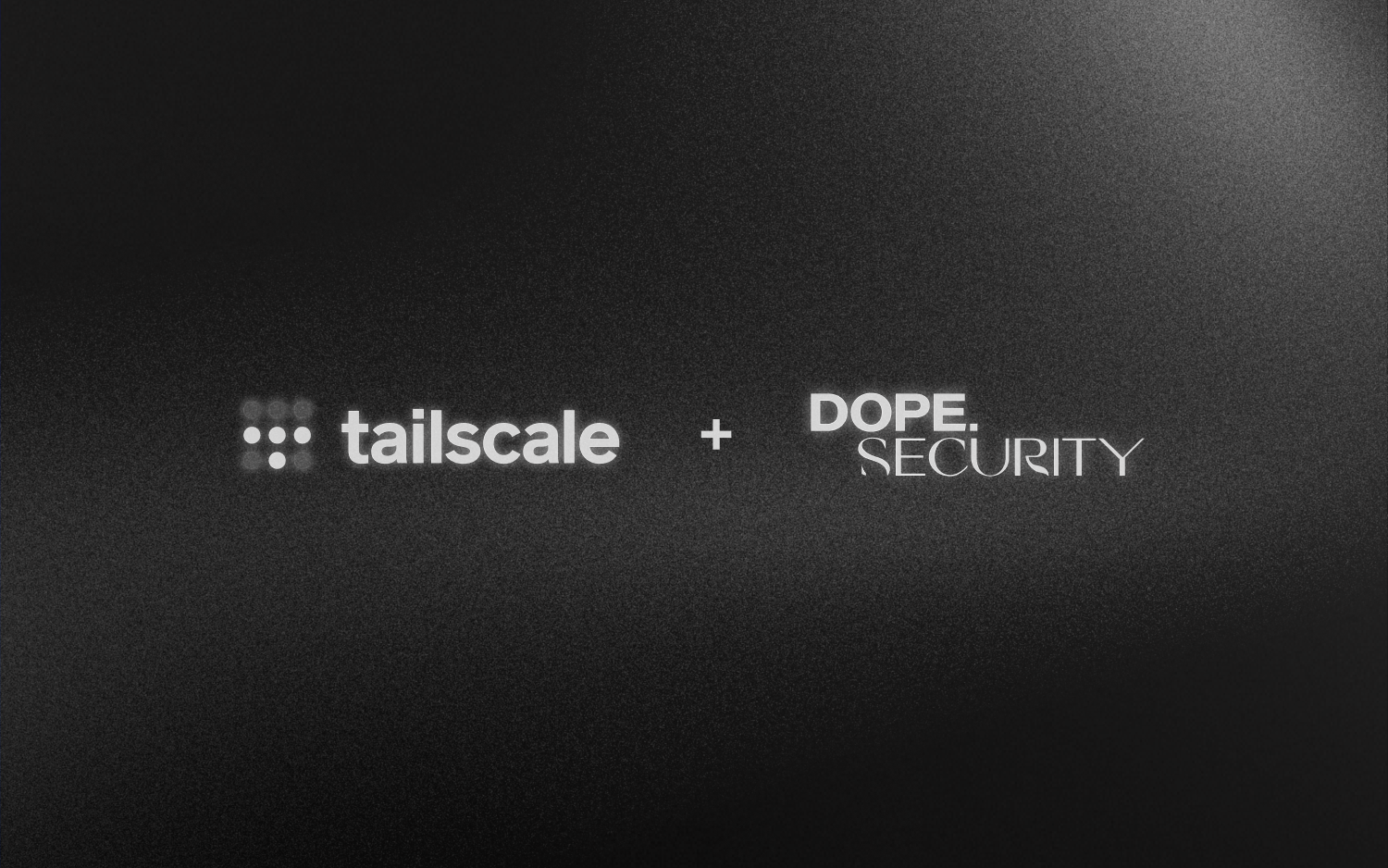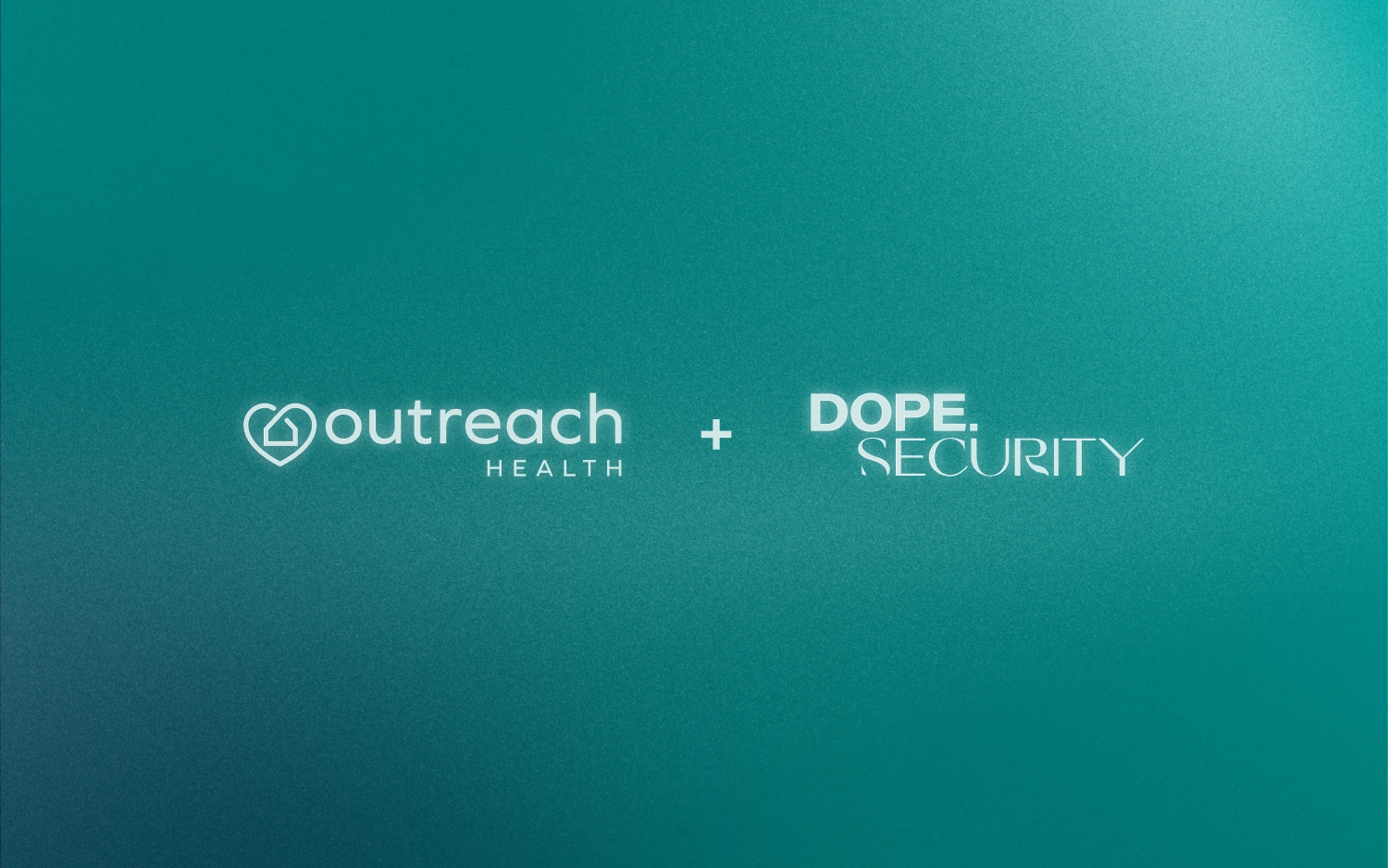Zscaler Competitors: Zscaler vs Netskope

When it comes to cloud security, two main players stand out: Zscaler and Netskope. Both companies offer robust security solutions tailored for large enterprises navigating the complexities of cloud environments and hybrid workforces. Each has its own strengths and features that cater to different aspects of cloud security.
What is Zscaler?
Zscaler is a cloud-native security platform specializing in secure web gateways (SWGs), zero-trust access, and cloud security. Zscaler’s Zero Trust Exchange architecture enables users to securely connect to applications, regardless of their location, by routing traffic through a cloud-based gateway for inspection, encryption, and monitoring. Their service eliminates the need for traditional VPNs, firewalls, and legacy perimeter-based security systems.
Features of Zscaler
- Secure Web Gateway (SWG): Protects users from web-based threats by inspecting traffic for malware, phishing, and malicious activities.
- Zero Trust Network Access (ZTNA): Provides secure access to internal applications without exposing them to the public internet.
- Cloud Application Security: Protects SaaS and cloud applications by inspecting content and applying security policies.
- Advanced Threat Protection: Leverages AI-powered threat intelligence to detect and mitigate zero-day threats and advanced persistent threats (APTs).
- Data Loss Prevention (DLP): Monitors and controls the flow of sensitive data to prevent unauthorized access and exfiltration.
- Cloud Security Posture Management (CSPM): Assesses and manages risks across cloud environments, ensuring security compliance.
What is Netskope?
Netskope is a cloud security platform known for its focus on cloud access security brokers (CASB), secure web gateways, and zero-trust principles. Netskope's primary strength lies in its ability to secure access to cloud applications and provide deep visibility into cloud and web traffic. It uses machine learning and AI to detect abnormal behavior, enforce policies, and prevent threats.
Features of Netskope
- Cloud Access Security Broker (CASB): Monitors and secures user activity across SaaS, IaaS, and PaaS environments.
- Secure Web Gateway (SWG): Provides protection from web-based threats and allows for granular traffic control.
- Zero Trust Network Access (ZTNA): Ensures secure access to internal applications by enforcing strict authentication and access controls.
- Threat Intelligence: Detects and prevents malware, ransomware, and other sophisticated cyber threats in real time.
- Cloud Data Loss Prevention (DLP): Prevents unauthorized access and leakage of sensitive data by scanning and enforcing security policies.
- Cloud Firewall: A virtual firewall designed specifically for securing cloud environments and providing granular control over traffic.
Zscaler vs. Netskope Comparison
Key Differences Between Zscaler and Netskope
- Cloud Access Security: While both platforms offer comprehensive cloud security, Netskope excels with its CASB capabilities, which provide deeper visibility and control over cloud services and applications, despite high levels of false positives. Zscaler, on the other hand, shines in its Zero Trust Access model, making it ideal for businesses prioritizing secure internal application access.
- User Experience and Interface: Zscaler places an emphasis on a streamlined, user-friendly experience with real-time feedback and auto-updates. Netskope, while feature-rich, has a more complex interface that offers granular controls, making it well-suited for larger organizations with specific security needs. While both vendors attempt to deliver a strong user experience, they both are better suited for organizations with dedicated resources and teams to manage the tools.
- Deployment and Scalability: Both platforms are cloud-native and designed to scale. However, Zscaler offers a faster deployment experience, particularly for organizations that need to get up and running quickly. Netskope can be slightly more complex due to its deeper feature set, but offers extensive customization options.
- Zero Trust Architecture: Both platforms adopt zero-trust principles, but Zscaler is particularly known for its Zero Trust Exchange model, which facilitates secure, encrypted connections without exposing applications to the internet. Netskope also offers ZTNA but is typically favored for its cloud-centric approach, especially in hybrid cloud environments.
Ultimately, the choice between the two depends on your organization's specific security needs, the complexity of your cloud environment, and your priorities in terms of deployment, visibility, and control.
dope.security: A Zscaler and Netskope Alternative
dope.security is a modern Secure Web Gateway designed to secure internet traffic directly at the endpoint without routing it through external data centers. Founded with a vision and passion to overcome the limitations of legacy cybersecurity solutions, dope.security delivers on-device proxy agent, allowing users to inspect and manage web traffic with high efficiency and speed. It ensures robust security against web-based threats like malware, phishing, and data leaks while maintaining high performance for users across any network and country.
Features of dope.security
On-Device Secure Web Gateway (SWG)
The SWG runs directly on the user's device, eliminating the need to route traffic through remote data centers. This allows for faster inspection of traffic, SSL decryption, and application control, all without performance degradation.
Cloud Application Security
dope.security offers seamless protection for cloud-based applications such as Google Workspace and Microsoft 365. It can block risky apps, detect Shadow IT, and enforce security policies across all cloud environments.
LLM-Powered Cloud Data Loss Prevention (DLP)
One of the standout features is the LLM-powered DLP. This solution uses large language models (LLMs) to automatically classify and detect sensitive data within cloud applications, providing real-time scanning and prevention of unauthorized data exposure. The LLM technology results in significantly fewer false positives vs legacy solutions.
URL Filtering and SSL Inspection
With URL filtering, dope.security ensures that harmful or unapproved websites are blocked. SSL inspection occurs locally on the device, allowing for real-time security enforcement without delays caused by rerouting traffic.
Fast and Simple Deployment
Unlike traditional SWGs that require complex configurations and multiple network reroutes, dope.security focuses on ease of use. IT administrators can deploy it quickly and scale as needed, with real-time policy enforcement and updates.
Beautiful UX and Admin Console
dope.security emphasizes user experience, ensuring that the admin dashboard is easy to navigate. The streamlined interface provides real-time insights and allows admins to manage security policies with minimal effort.
dope.security brings a fresh approach by focusing on performance, simplicity, and comprehensive protection. The unique fly-direct architecture ensures no traffic bottlenecks, which is critical for businesses with distributed teams and remote workers. By eliminating the dependency on external data centers, dope.security delivers up to 4x performance improvements compared to legacy solutions.












